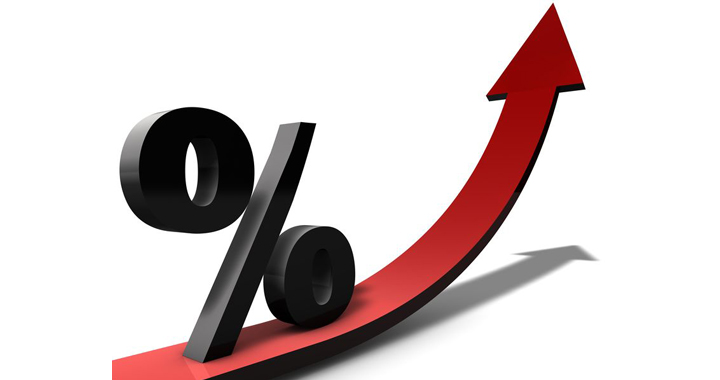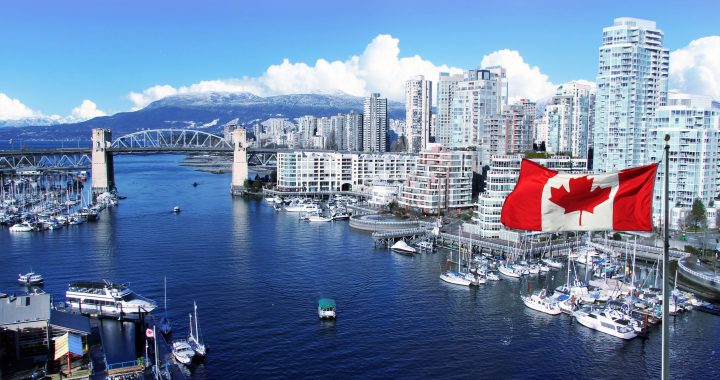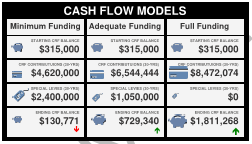Strata Council’s need to work with the insurance industry, governments and their members to bring clarity to the ongoing confusion with regard to what is the right amount of insurance members need to purchase. Members need to start asking questions of the industry.
Now that my strata’s insurance is increased and its deductible has increased do we need to increase our own insurance?
What is the right amount much of insurance I need as an individual unit lot owner?
Should we have a special assessment to raise the contingency reserve fund to match the deductible amount, over and above the funds specified by the strata’s depreciation report?
What is the BC Government doing to assist with the confusion and lack of clarity ?
As a landlord renting a strata unit, what is the right amount of coverage and, what coverage does a landlord require a tenant to obtain?
When a member has a negative event occur, they need to have the proper advice upfront to ensure they are properly covered. They will face stigma, shame, and the terrible inconvenience as the different insurance fight each other to determine blame and who will pay to remediate the event. Not only does this situation create additional stress for the strata owner, costs go through become exorbitantly high and it takes way longer to fix.
With approximately 1.5 million people in the lower mainland living in strata’s it is high time that Industry, Strata Council’s, members and the BC Government come together to reduce the risk, stress, and confusion of responsibility strata living. Too many people are living in a real estate structure without fully understanding their responsibilities and risks.
It’s high time that the many strata owners in the lower mainland demanded that this confusion be addressed. The sooner this happens the insecurity and risk can be identified so that most people say that strata living is a joy versus a nightmare.




